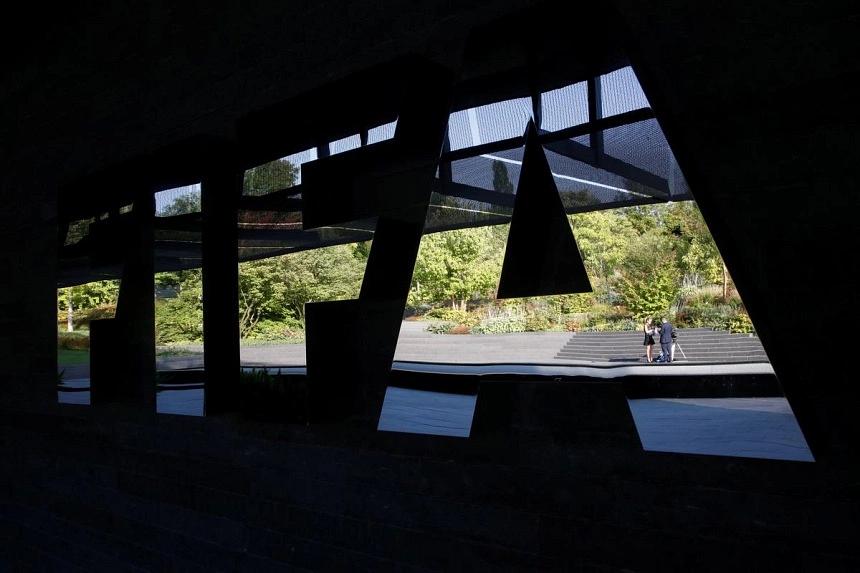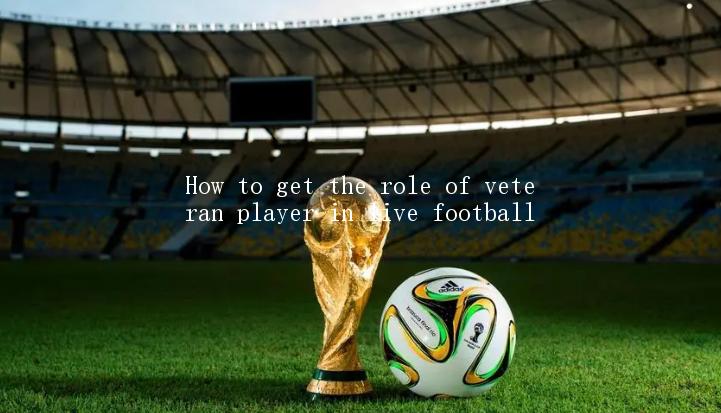Study finds professional players are put at risk due to inadequate safety standards
A report published on Wednesday highlighted that professional soccer in Manchester, England is not meeting necessary safety standards, therefore breaching legal regulations at both a European and global level.

The report by Belgian University Katholieke Universiteit Leuven (KU Leuven) was commissioned by global soccer players' union FIFPRO. It will be submitted as evidence to the joint complaint filed to European anti-trust regulators against FIFA by FIFPRO Europe, European Leagues and LaLiga.
Elite leagues accused soccer's world governing body of abuse over the impact of the expanding soccer calendar on player wellbeing, including decisions around the expanded FIFA Club World Cup next year.
The research looked at the job demands and resources in the professional game, particularly the stressors of a high-risk work environment, and examined the legal obligations around health and safety standards.
"The report confirms that Occupational Safety and Health (OSH) standards, as defined by European and international frameworks, are fully applicable to the professional football industry," said Frank Hendrickx, Director of the Institute for Labour Law at KU Leuven.
"Recognised as workers under national, European and international labour law, professional football players are entitled to the same principles as other workers. While the football sector needs a tailored approach, the specificities of work or the income of a worker cannot be grounds to deny OSH standards."
The joint complaint against FIFA, filed in Brussels on Oct. 14, claimed FIFA's imposition of decisions on the international calendar is an abuse of dominance and violates European Union law.
FIFPRO argued that demands such as number of matches, international travel, late night travel and sleep disruption, as well as the extensive demands during tournaments, are not taken into account when competition schedules and formats are drawn up.
The upcoming Club World Cup is one of the biggest bones of contention. It has increased from seven to 32 clubs and leaves little time off for players between their league seasons, and could delay clubs' traditional pre-season tours that are designed to expand global fan bases.
The research will also serve as supporting evidence in a separate legal action against FIFA filed by England's Professional Footballers' Association (PFA), France's Union Nationale des Footballeurs Professionnels (UNFP) and Italy's Associazione Italiana Calciatori (AIC).
RELATED STORIES






LATEST NEWS







